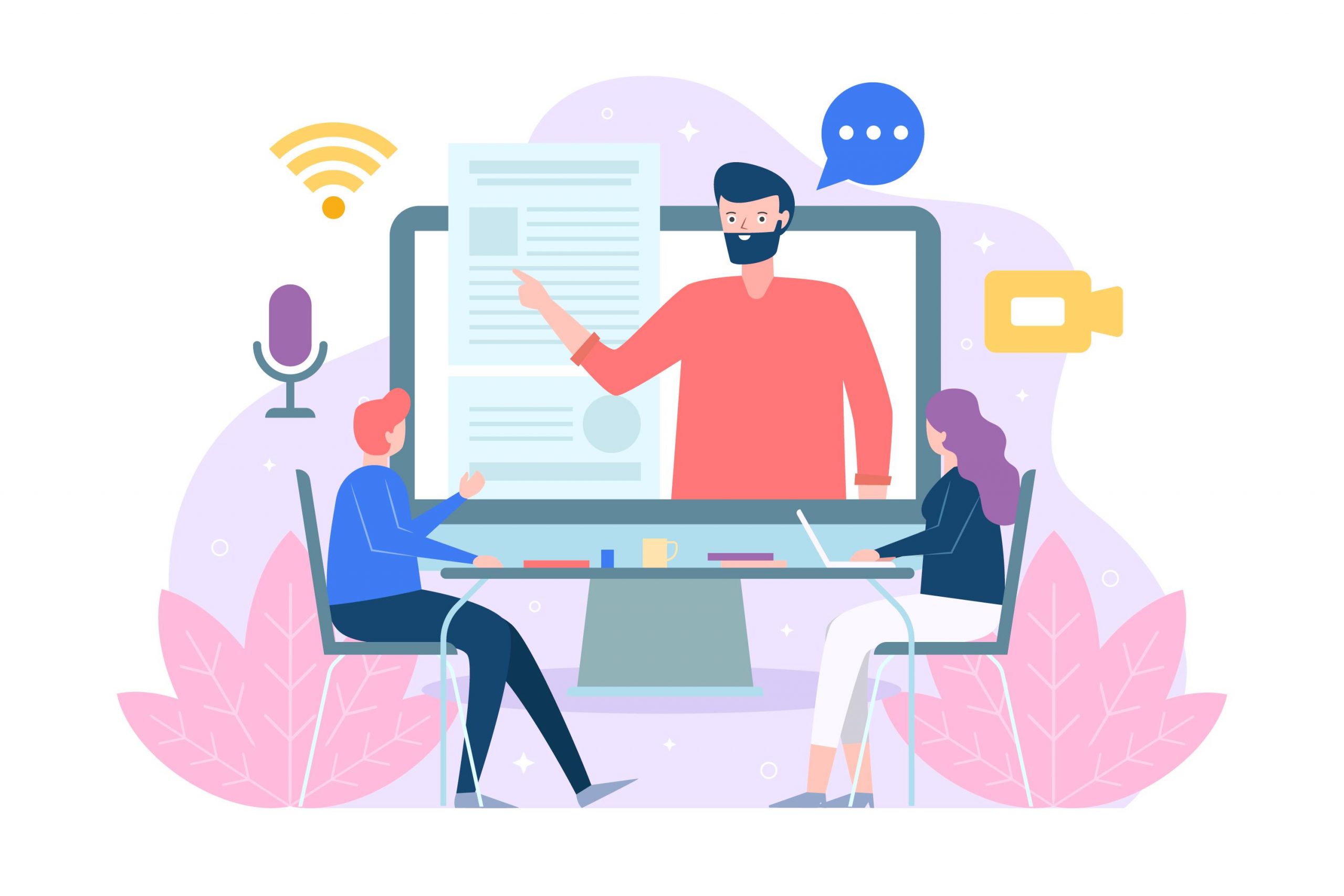In today’s wired world, the smartphone has become an extension of us, we feel incomplete without it. The annual Mobile Consumer Survey report from Deloitte shows that 44% of Australians think their phone use is a problem and are trying to limit its use. If it’s not the phone there’s a strong chance we are looking at a computer. With a number of us working or studying from home, we are staring at the computer screen for large portions of the day. So how do we escape the screen with a digital detox?
Limit App time
If you have an iPhone, the Screen Time feature, which is built into Apple’s iOS, is the easiest option. You can limit how much time you spend on each app. After a five-minute warning, you’ll be stopped from using the app. There’s an option to override your restriction with a passcode. Google’s Android has a similar set of features you can download, with an app called Digital Wellbeing.
Turn off notifications
Getting constant updates on what’s happening in the world is informative—but also distracting. If everything is worthy of an interruptive notification, nothing is important. One easy fix is to turn off as many notifications as you can live without, because if you really think about it, most notifications you can live without. iOS and Android allow you to turn off notifications on an app-by-app basis in the Settings section of your phone.
Use grey-scale
As phones keep getting bigger and brighter, another trick is to weaken the visual appeal of the phone by turning on grey-scale. Grey-scale is a built-in feature on iOS and Android now widely used by people trying to fight their smartphone addiction. The idea is that if your phone is boring to look at, you’ll look at it less.
Uninstall News Apps
We’re inundated with negative news stories daily. Conflicts, natural disasters and other upsetting events are routinely pushed to our news feeds, in newspapers and through other electronic platforms. Journalists recognise that negative headlines outperform positive headlines and there is evidence that we might be neurologically wired to focus on negative information. Because negativity attracts attention, naturally the media repeatedly serves it up in spades.
Break away from social media
Social media apps and websites are designed to get you addicted to the feel-good feedback loops. Pulling down the screen refresh, hoping for a new notification or Like, is akin to pulling down that slot machine arm hoping for that hit of happiness to materialise. You could take a break from social media once a week, or delete some apps from your phone, or simply put your phone into airplane mode for an hour or so each week. If possible, try to replace your social media habit with something that doesn’t involve technology, such as reading, exercise, learning a new skill or hobby.


